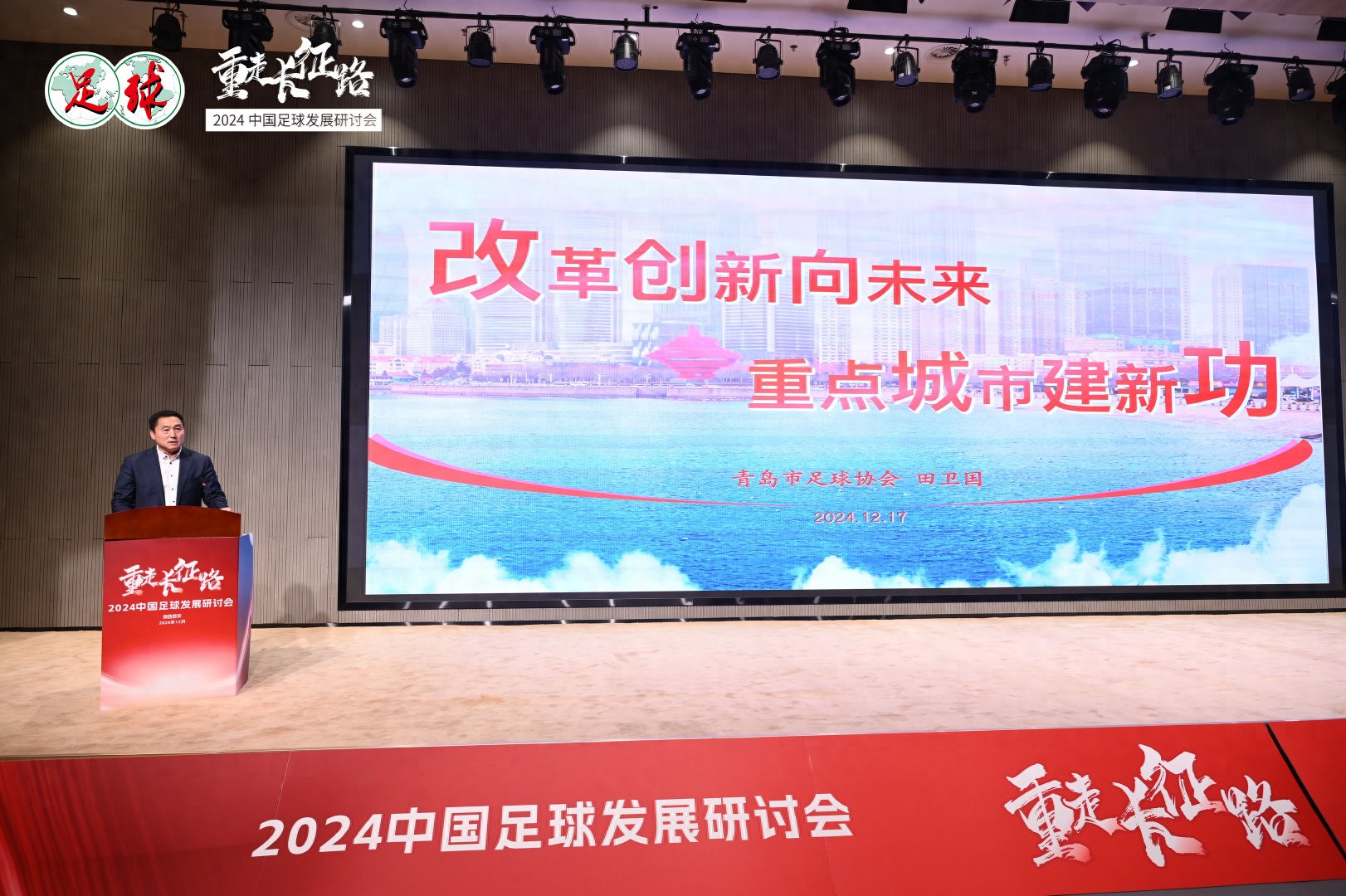Other cities in the construction of key cities in national football: all in action, each with its own bright spots

Reporters Liu Xiangyu and Wang Wei report Since the Ganzhou Conference and the Shanghai Symposium, 16 key cities in the country have been taking action, each with its own bright spots.
Hangzhou recently held a work mobilization and deployment meeting to build a key city for national football development with the strength of the whole city. As one of the specific measures, recently, Hangzhou Football Academy in Hangzhou Normal University Cangqian Campus officially listed, starting from next year, every year for the country to recruit about 25 football talents, and strive to use about ten years to build a high-level football academy with greater influence.
At the mobilization and deployment meeting, the main leaders of Hangzhou described the construction of a key city for national football development as a "difficult but correct thing". It's not easy to do this well, one of the focuses of football development is the players, and the focus of player development is on the campus. To this end, Hangzhou started from the talent growth system, hoping that the officially unveiled Hangzhou Football Academy could solve the problem of "retirement at the age of 12". Next, Hangzhou has relevant measures.
In addition, from 2024 to 2027, Hangzhou will set aside at least 40 official business formations every year to recruit football coaches. The longer-term plan is that by 2027, Hangzhou plans to have at least two teams in each of the men's and women's second division and above leagues, and by 2035, strive to have a total of four or more men's and women's professional football club teams, two in the Super League and two in the First Division.
Another good news for Hangzhou is that the Chinese Football Association has just announced that Hangzhou has been selected as the host city of the Chinese team in the third phase of the 2026 World Cup Asian Qualifiers in March, and the venue for the game is Hangzhou Olympic Sports Center Stadium. China will face Australia at the Hangzhou Olympic Sports Center Stadium on March 25, 2025.
Like Hangzhou, Nanjing and Suzhou are also key cities for national football development in the Yangtze River Delta region. On November 24, the second leg of the first Jiangsu Football Development Key City Confrontation Tournament was held, with the participation of Nanjing team and Suzhou team. The main leaders of Jiangsu Province and Nanjing City attended and presented the awards.
The purpose of this competition is to strengthen the demonstration and leading role of Nanjing and Suzhou as key cities in national football development through football competition exchanges between the two cities, and to improve the football competition system of the province from point to point.
Next, Suzhou and Nanjing should consolidate institutional guarantees to build key cities for national football development, and effectively solve some problems by deepening reform and innovation, exploring local legislation, etc.
Dalian and Qingdao, which have a strong football atmosphere, strive to create a city inner circle competition, Dalian's Lianchao League, Qingdao's city league have become a highly influential mass event in their respective cities. The professional clubs in the two places are also operating healthily, with two professional clubs in Dalian being upgraded at the same time this year, and two Chinese Super League clubs in Qingdao also successfully relegated. The strong football atmosphere has promoted the development of youth training in the two places, and there are many children playing football in Dalian and Qingdao, and the local sports bureaus and football associations in the two places are also improving in popularization, such as Dalian is planning to send U-series teams to Japan for long-term training and life, and cultivate elite players for the country.
The scale of youth competitions in Beijing and Nanjing is also very large, and Beijing has a very mature social youth training institution; Nanjing, on the other hand, takes the football school as the starting point to establish a football metropolitan area in Nanjing.
Wuhan, Chengdu and Chongqing have done very well in the U-series leagues, especially in Chongqing, where the level of campus football and U-series matches is very high; Yanbian and Changchun are responsible for the summer youth events.
The construction of key cities for football development is an important starting point for promoting the reform and development of football, coupled with the 8 pilot areas for the integration of sports and education in the west, in the future, these 22 cities will constitute the base and basic plate of Chinese football.


Wonderfulshortvideo
Did you get it? 🤔😅


Haaland’s movement 🥵


Which counterattack is


When you use your girlfriends shower 🚿 @Emily Bourne @LUSH


Neymar highlights neymar edit neymar lamine yamal celebration


Arsenal 1-0 chelsea havertz goal


Lamine Yamal wizardry 🪄








 Links
Links
 Contact
Contact
 App
App


